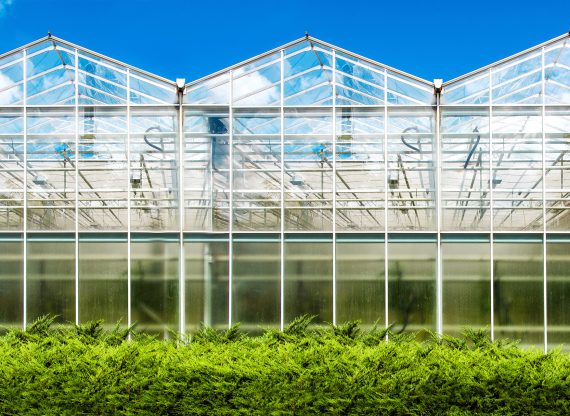Self-Sufficiency Is Not the Best Policy

The Quebec government has lately been promoting the idea of becoming self-sufficient in the production of food. In fact, it has already spent over $150 million of our money on the project, claiming that these investments will be well worth it when we can rely on our own food supply year round. But just how much are we willing to pay for this dubious benefit?
The idea of food self-sufficiency for a country, or in this case a province, is enjoying some popularity, in part because it’s presumed to be environmentally friendly, and because everyone loves the taste of freshly picked fruit. However, this idea is not economically friendly whatsoever, and we have known this since the 18th century when economists David Ricardo and Adam Smith first debunked the myth that self-sufficiency is the best policy for a country.
According to Ricardo’s and Smith’s theories, self-sufficiency and protectionism lead to efficiency losses because resources are diverted from areas where workers are much more productive because of specialization and other advantages, such as Quebec’s forestry sector. When we use our precious limited resources—our human and physical capital—in a less productive sector, everyone, even the most productive industry, is made worse off. In the end, production costs are inflated, and consumers suffer the consequences in the form of higher prices.
What’s more, Quebec has already admitted that the food sector lacks manpower and has a low rate of productivity. In other words, we are not specialized in food production, especially when compared to some parts of the United States or Mexico that have a natural advantage due to their warm climate and have spent enormous time and energy specializing in the production of food. Moreover, becoming specialized in such an industry would require massive investments in infrastructure and technology—investments that have already been made in these other countries that trade with us.
And producing all our own food is not even better for the planet. Food production typically requires a lot more energy than its transportation, especially when significant amounts of heating, for example, are needed to grow things in one place, but not in another. Reducing the distance food travels generally increases its environmental footprint, since its production requires the use of additional resources in less desirable locations.
When it comes down to it, we simply cannot match sunny California’s ability to grow our favourite fruits and vegetables cheaply and efficiently. Thankfully, we benefit from their skills and natural advantages through trade, which translates into a smaller grocery bill for consumers and allows Quebec to focus its efforts elsewhere.
Ricardo’s and Smith’s reasoning is still economically sound today, and politicians should remember the lessons they taught us. Ignoring these lessons would be bad for Quebecers, and bad for the planet too.

